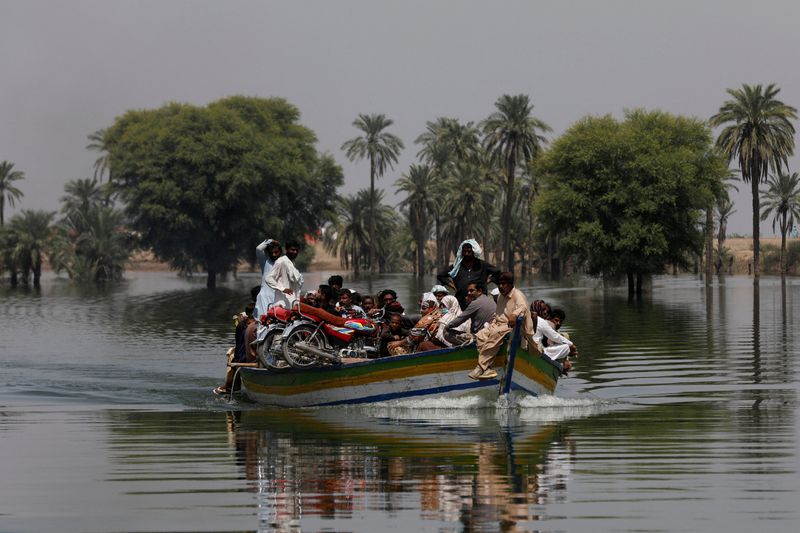To help developing nations at greatest risk of defaulting in their debt return to a sounder fiscal footing and meet climate and development goals, up to $520 billion in debt needs to be written off, a Boston University report released on Thursday shows.
According to calculations done by the Boston University Global Development Policy Center and the Debt Relief for a Green and Inclusive Recovery (DRGR) Project, overlooking debt owed to public and private creditors by 61 of the nations that are already in or are at most risk of debt distress are essential to avoid “cascading defaults.”
“Without ambitious debt relief, many of the poorest countries don’t have a chance,” Kevin P. Gallagher, DRGR project co-chair and director of the Boston University Global Development Policy Center was quoted as saying.
Public finances have been strained by the COVID-19 pandemic, followed by food and fuel shocks in the wake of Russia’s invasion of Ukraine in 2022, all of which have led to soaring borrowing costs.
Emerging market sovereign debt has also increased by 178% since the global financial crisis, rising to $3.9 trillion by 2021, and the structure of lenders became increasingly complex, the report found.
How to keep at-risk countries from defaulting will be high on the agenda at next week’s World Bank Group and International Monetary Fund spring meetings.
Ratings agency Fitch said there are currently a record number of sovereign debt defaults, while the International Monetary Fund said 25% of emerging markets and 60% of low-income countries are in or near debt distress.
Read also: Greenhouse gas emissions rose at ‘alarming’ rate last year, US data shows
The researchers found that some $812 billion in debt across all creditor classes should be in scope for restructuring by including instruments that had alleviated emerging market debt crises in the past.
This included a guarantee facility that would provide enhancements – or forms of guarantees – for newly issued Brady bonds focussed on green and inclusive recovery which private and commercial creditors can swap with a significant haircut against old debt, the report said.
The research found a correlation between debt distress and climate vulnerability especially as a string of debt-distressed nations, including Pakistan, Ethiopia and Malawi, have recently battled concurrent extreme weather events that intensified pressure on public finances.
The report, which coincides with what experts warn is pending environmental catastrophe, also noted that as financial markets increasingly factor climate-related risks into their assessments, it will become more expensive for those nations to borrow money. This means putting essential projects to cut emissions and bolster climate resilience will be out of reach. Widespread delays to those projects, Gallagher warned, could be catastrophic.
Story was adapted from Reuters.
